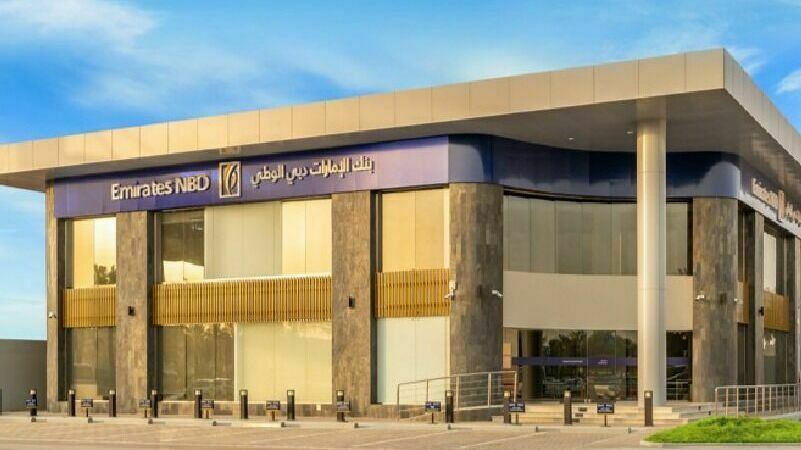Posted 14 апреля 2023, 05:11
Published 14 апреля 2023, 05:11
Modified 14 апреля 2023, 08:13
Updated 14 апреля 2023, 08:13

Dubai's largest bank ENBD has started blocking investment accounts of Russians
Emirates NBD (ENBD), the second largest bank in the UAE, has started sending letters to its Russian clients, warning that if they are not residents of the EU, Switzerland or the European Economic Area, their assets will be transferred to a separate account with restrictions on cash transfers. Two clients of the bank confirmed that they had received such letters, and sources in the banking market confirmed the fact of sending such messages, writes Forbes.
The bank's clients will be required to use a special segregated account to receive coupons, dividends and proceeds from the sale of securities. They will not be able to transfer these assets to their ENBD account. Customers will also be able to sell securities from their account using the "delivery free of payment" (FOP) mechanism instead of the more common "delivery against payment" (DVP) mechanism, which provides for the simultaneous movement of securities and money between the parties to the transaction. However, this may lead to additional risks for the seller, since there is a possibility that the transaction will not be settled or canceled, and the securities may not return to the seller.
ENBD claims that such restrictions were introduced in accordance with the EU directive and that there are no exceptions for Russian clients who have residency in the UAE. This requirement is mandatory for ENBD, as the bank uses the services of Clearstream and Euroclear depositories, as well as many European and Swiss banks. Some other banks in the UAE have not yet received notifications from depositories and are not going to restrict the investment activities of Russians, however, there is a risk that this may happen in the future.
Even earlier, representatives of Dubai banks anonymously told reporters that their organizations would act with Russian clients extremely cautiously, since they had already suffered from violations of international sanctions against Iran and Sudan, and now they understand all possible risks. Experts are skeptical about the potential of the Dubai banking system – it is far in its development from the financial monsters created in Switzerland and other traditional places of accumulation of funds. The banks of the latter, by the way, have already begun to close the accounts of Russians.
Last month it became known that the United Arab Emirates canceled the license of the Russian MTS bank - after the announcement by Britain and the United States of blocking sanctions against it. Now the branch does not have the opportunity to open new accounts and conduct transactions, except for the repayment of previously assumed obligations, and the bank's use of the Central Bank's payment systems is limited only for this purpose. MTS Bank became the first foreign bank in several years to receive a license in the Emirates.
Thousands of Russians settled in the UAE last year, mainly in Dubai. They complained that it was problematic to open bank accounts in local banks.